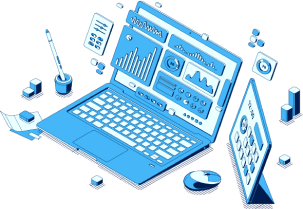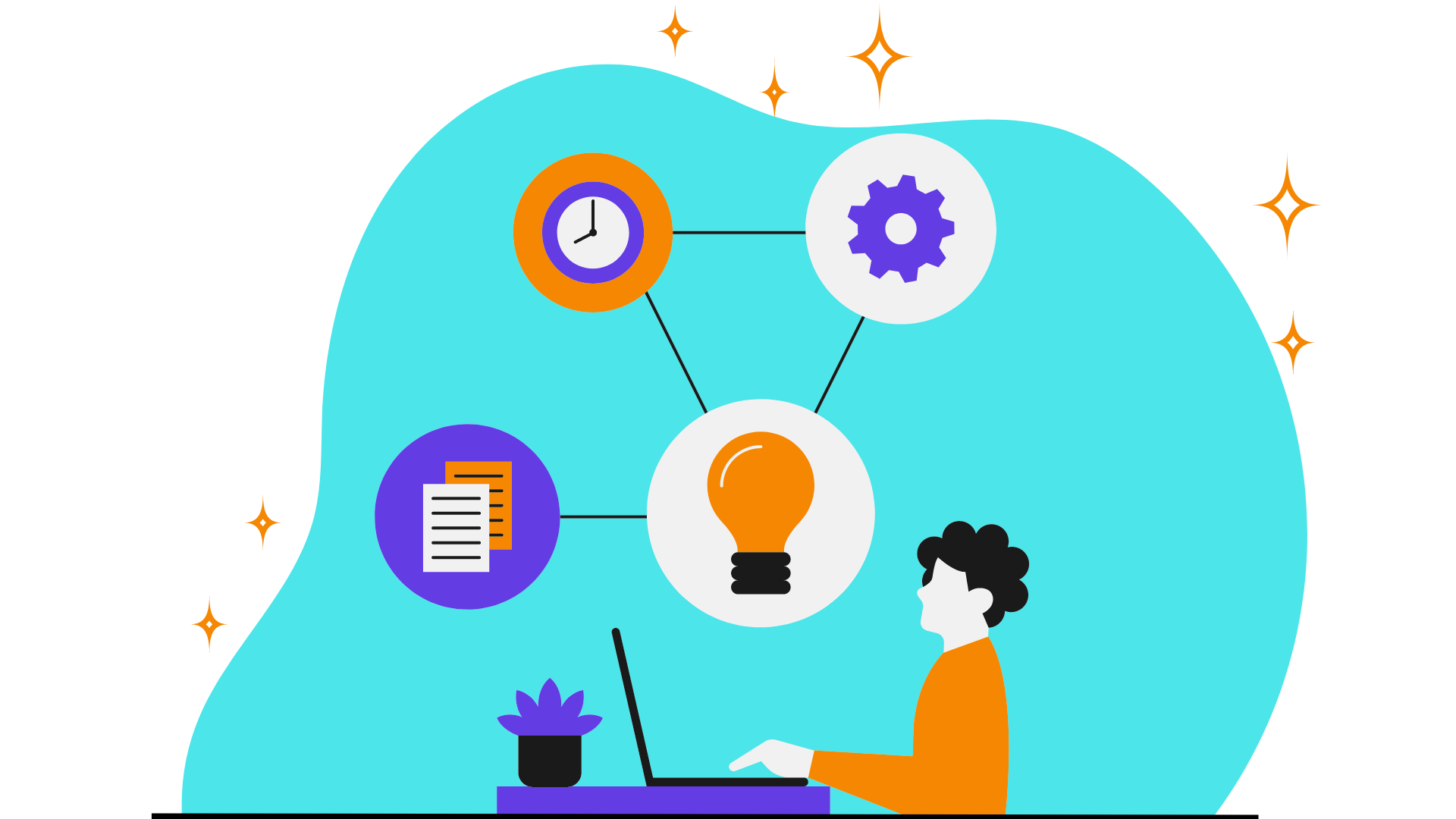Cursos relacionados
Ver Todos os CursosWeb Scraping and Parsing in Python
Unveiling the Digital Tapestry

n the dynamic realm of the internet, information flows ceaselessly, forming a digital tapestry woven with a myriad of data points. In this landscape, the ability to extract, analyze, and derive meaningful insights from web content has become a paramount skill. Python, with its versatility and an arsenal of powerful libraries, emerges as a potent tool for web scraping and parsing, opening doors to a wealth of possibilities.
The Essence of Web Scraping
Web scraping, at its core, is the art of automating the extraction of data from websites. It serves as a gateway to the wealth of information available online, enabling developers, researchers, and businesses to harness the power of the internet for various purposes. Python's simplicity and a rich ecosystem of libraries make it an ideal language for venturing into the realms of web scraping.
Parsing the Digital Hieroglyphics
Amidst the chaos of HTML and XML structures lie valuable nuggets of information. Parsing, the process of dissecting these symbolic hieroglyphics, is an indispensable companion to web scraping. Python's parsing libraries, chief among them being Beautiful Soup, empower developers to navigate the intricate web of HTML or XML, extracting meaningful data with finesse.
Run Code from Your Browser - No Installation Required

Python Libraries: Tools of the Trade
Beautiful Soup: Beautiful Soup, aptly named, is a Python library that transcends the mechanical nature of web scraping. Its Pythonic idioms provide an intuitive interface for traversing and manipulating the parse tree. Supporting various parsers, Beautiful Soup allows developers to gracefully dance through the intricate choreography of markup languages.
Requests: Requests, a sleek and straightforward HTTP library, complements web scraping by simplifying the process of making HTTP requests and handling responses. When intertwined with Beautiful Soup, Requests forms a dynamic duo, facilitating the retrieval of web pages with elegance and ease.
Scrapy: For those venturing into more extensive scraping endeavors, Scrapy emerges as a formidable ally. This open-source web crawling framework for Python provides a structured approach to web scraping. With predefined methods and systematic tools, Scrapy facilitates large-scale scraping projects, adding an element of scalability and organization to the process.
A Glimpse into the Process:
Embarking on a web scraping journey with Python involves a few fundamental steps:
-
Install the Required Libraries: Ensure that Beautiful Soup, Requests, and any additional libraries are installed.
pip install beautifulsoup4 requests -
Make a Request: Utilize the Requests library to send an HTTP request to the target webpage.
import requests url = 'https://example.com' response = requests.get(url) -
Parse the Page: Use Beautiful Soup to parse the HTML content.
from bs4 import BeautifulSoup soup = BeautifulSoup(response.text, 'html.parser') -
Extract Data: Locate and extract the desired data from the parsed content.
title = soup.title.text print(f'Title: {title}')
In the pursuit of knowledge and insights, it is crucial to tread ethically and responsibly. Respect the terms of service of websites, adhere to legal guidelines, and ensure that your scraping endeavors align with ethical standards. The power bestowed by web scraping comes with the responsibility to use it judiciously.
Conclusion
Web scraping and parsing in Python unveil a realm of possibilities, transforming the vast expanse of the internet into a playground of data. The combination of Beautiful Soup, Requests, and Scrapy empowers developers to navigate the intricate web of information, extracting gems that contribute to knowledge and innovation. As we embark on this journey, let's remember to wield these tools responsibly, respecting the digital boundaries set by website owners. In the hands of a conscientious developer, web scraping becomes not just a technical skill but a gateway to unlocking the secrets of the digital world. Happy scraping!
Start Learning Coding today and boost your Career Potential

FAQs
Q: What is web scraping, and why is it important?
A: Web scraping is the automated extraction of data from websites. It is crucial for gaining access to diverse information on the internet for further analysis, research, or business use.
Q: How does Python facilitate web scraping?
A: Python stands out for its simplicity and a rich selection of libraries, such as Beautiful Soup and Requests, which streamline the process of interacting with websites and extracting data.
Q: What's the difference between web scraping and parsing?
A: Web scraping is the process of extracting data from websites, while parsing involves analyzing a string of symbols to extract meaningful information, particularly important in the context of analyzing HTML or XML content.
Q: Which Python libraries are commonly used for web scraping?
A: Beautiful Soup, Requests, and Scrapy are popular libraries for web scraping in Python, providing powerful tools for interacting with websites and analyzing their content.
Cursos relacionados
Ver Todos os Cursos30 Python Project Ideas for Beginners
Python Project Ideas
by Anastasiia Tsurkan
Backend Developer
Nov, 2023・5 min read

Data Analyst vs Data Engineer vs Data Scientist
Unraveling the Roles and Responsibilities in Data-Driven Careers
by Kyryl Sidak
Data Scientist, ML Engineer
Dec, 2023・8 min read

10 Essential Python Libraries Every Data Scientist Should Master
Python Libraries for Data Science
by Andrii Chornyi
Data Scientist, ML Engineer
Nov, 2023・7 min read

Conteúdo deste artigo